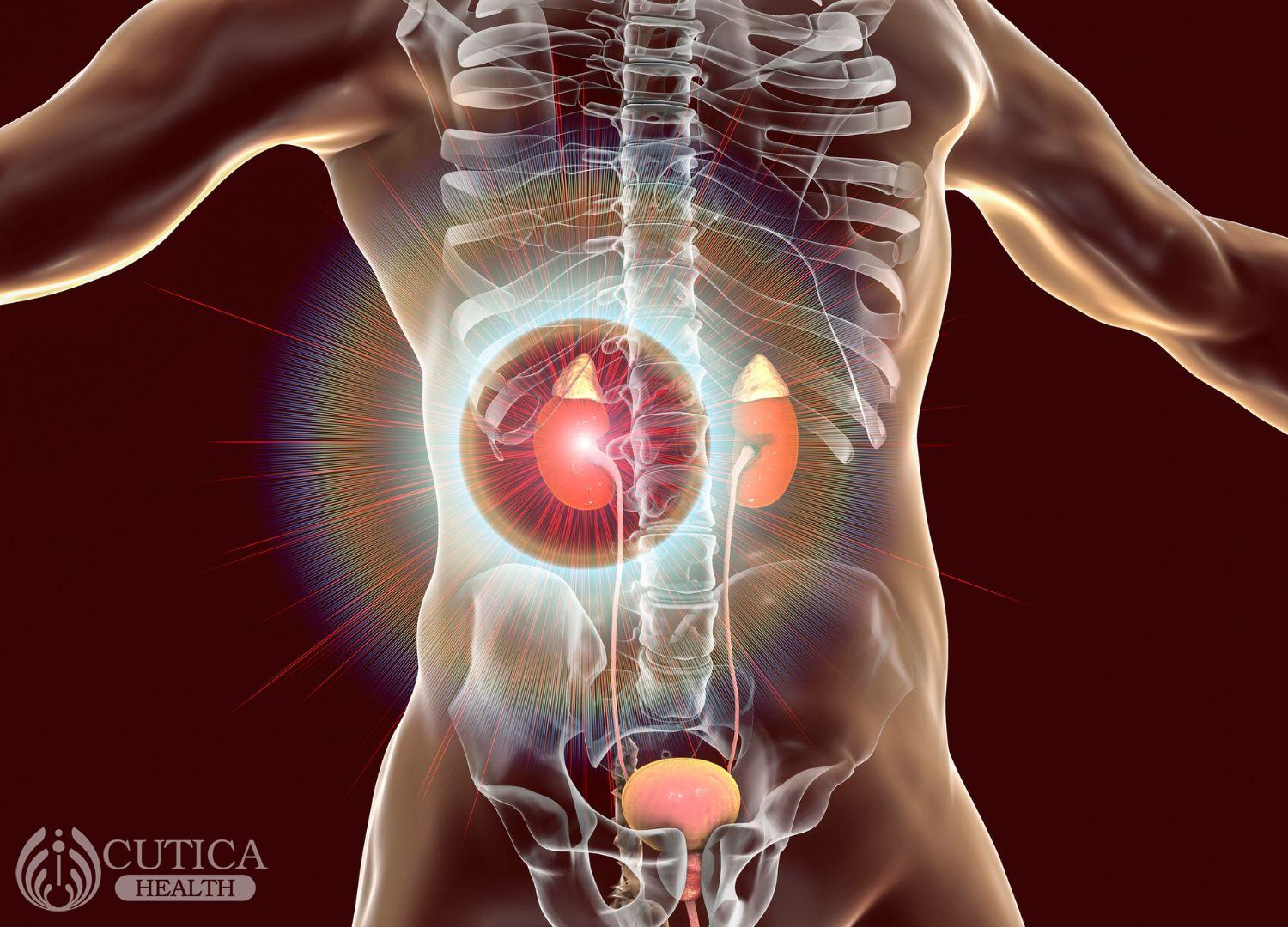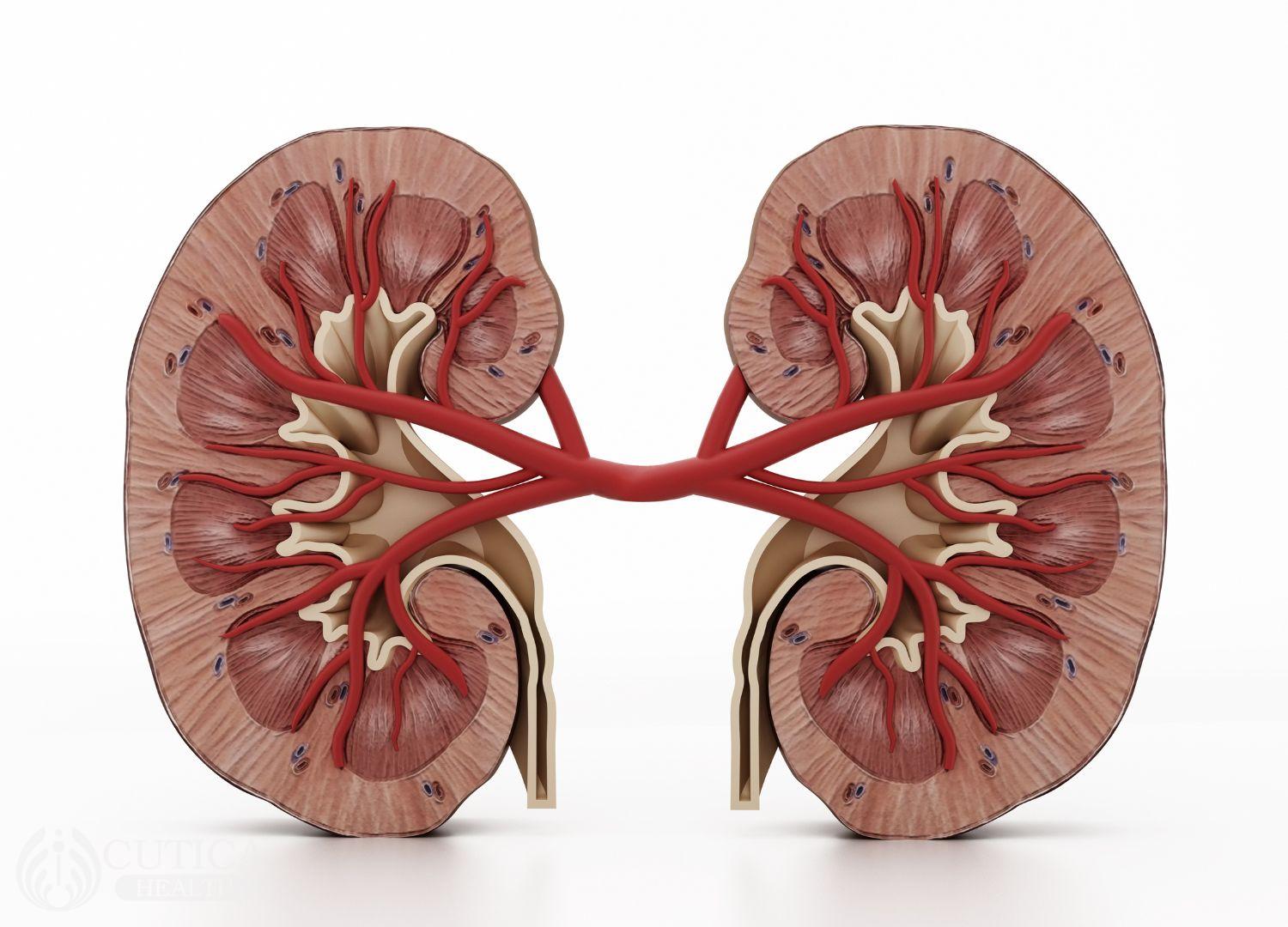Lara was surprised to learn that her father had been diagnosed with chronic kidney disease following a series of tests at the hospital. She had always made sure to check his blood pressure at regular intervals. She even bought him a blood pressure measuring device at home. She quickly messaged a friend of hers who was a medical doctor to find out the reason for this sad news. She was shocked to learn that not all cases of kidney disease are caused by high blood pressure.
Kidney diseases affect millions of adults all over the world. While hypertension (high blood pressure) is a well-known cause of kidney disease, other factors can also lead to kidney disease in adults. These other causes are important because knowing about them and taking the right steps can help prevent some cases of kidney disease.

Other Causes of Kidney Diseases
- Diabetes: Diabetes mellitus is a disease that results in high blood sugar. It is a leading cause of kidney disease. When blood sugar levels remain high over an extended period, there can be damage to the blood vessels in the kidneys. This can lead to impaired kidney function, called diabetic nephropathy, which can progress to chronic kidney disease (CKD) if left untreated. Therefore, controlling blood sugar levels by adhering to guidelines from healthcare providers is important in preventing the onset and progression of kidney disease in people with diabetes.
- Infections: Recurrent infections that directly affect the kidneys can cause kidney damage. Also, any severe, acute, widespread infection, such as a blood infection (sepsis), can cause kidney injury.
- Autoimmune disorders: Autoimmune disorders are diseases in which the body's immune system mistakes its healthy tissues as foreign and attacks them. Several autoimmune conditions can damage the kidneys in this way. One leading example is systemic lupus erythematosus (SLE, also called lupus).
- Genetic and hereditary factors: Some individuals may inherit genetic abnormalities that place them at risk for kidney diseases. Examples include polycystic kidney disease (PKD), a relatively common hereditary kidney disorder where fluid-filled cysts develop in the kidneys, gradually replacing normal kidney tissue and affecting its function negatively. Other genetic conditions and inherited metabolic disorders cause direct damage to the kidneys, or the build-up of abnormal chemicals that damage the kidneys.
- Medications and toxins: There are certain medications and exposures to toxins that can have negative effects on kidney function. Drugs such as nonsteroidal anti-inflammatory drugs (NSAIDs), when used excessively or for extended periods, can cause kidney damage. Examples of common NSAIDs include ibuprofen, diclofenac, etc. Some antibiotics, antivirals, and chemotherapy drugs can also negatively affect the kidneys. Exposure to heavy metals such as lead, mercury, or cadmium, or industrial chemicals like solvents and pesticides, can damage the kidneys and contribute to the development of kidney diseases.

Conclusion
While hypertension remains a significant cause of kidney disease in adults, other factors can contribute to it. Diabetes, infections, autoimmune disorders, genetic and hereditary factors, as well as certain medications and toxins, can all play a role in the development and progression of kidney disease. Recognizing and addressing these causes early can help reduce the risk of kidney damage.


